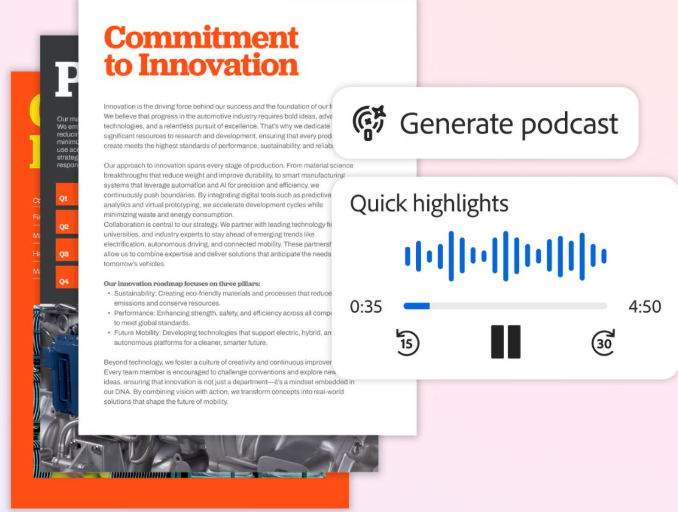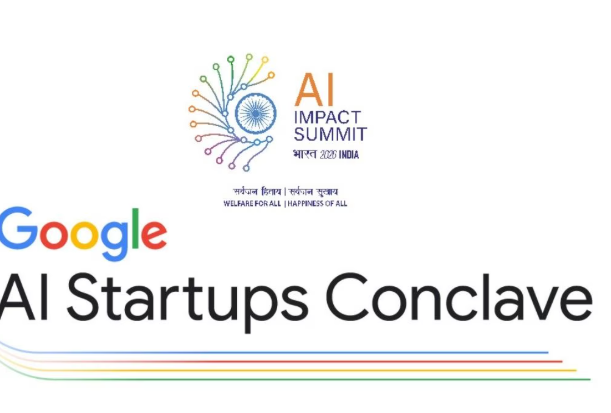Introduction to Codex: OpenAI's AI-Powered Coding Agent
On May 16, 2025, OpenAI launched Codex, an advanced AI coding agent integrated into ChatGPT, marking a significant advancement in AI-assisted software development. Unlike previous AI tools targeting hobbyist coders, Codex is tailored for professional developers, offering a suite of features to enhance productivity and code quality
Underlying Technology: The codex-1 Model
Codex operates on codex-1, a variant of OpenAI's o3 reasoning model, specifically trained on a vast corpus of real-world coding tasks. This model excels in analyzing and generating code that aligns with human coding styles and project preferences. Its performance surpasses that of the o3 model, as evidenced by evaluations on OpenAI's internal Software Engineering (SWE) benchmark and its human-validated counterpart, SWE-bench Verified.
Core Capabilities of Codex
1. Autonomous Code Generation and Editing
Codex can autonomously generate code for new features, refactor existing code, and edit files based on natural language prompts. This capability streamlines the development process, allowing developers to focus on more complex tasks.
2. Integrated Testing and Debugging
The AI agent can run tests, identify bugs, and suggest fixes, operating within a secure sandboxed environment preloaded with the user's codebase. This ensures that Codex's actions are transparent and verifiable, providing developers with confidence in the changes made.
3. Pull Request Suggestions
Codex can propose pull requests for code review, facilitating collaborative development and maintaining code quality standards.
Security and Transparency
Codex operates within its own cloud sandbox environment, ensuring that all tasks are performed in isolation from the user's primary development environment. This setup enhances security and allows for detailed tracking of Codex's actions, including terminal logs and test outputs. Developers can review these logs to understand the steps taken by Codex, ensuring transparency and accountability.
Enhancing Developer Experience
To optimize Codex's performance, developers can include AGENTS.md files within their repositories. These files provide Codex with guidance on navigating the codebase, running tests, and adhering to project standards, similar to README.md files. Such configurations enable Codex to integrate seamlessly into existing development workflows, enhancing its effectiveness.
Access and Availability
Codex is currently available to ChatGPT Pro, Enterprise, and Team users at no additional cost, allowing them to explore its capabilities. OpenAI plans to introduce rate-limited access and flexible pricing options in the coming weeks, enabling users to purchase additional usage on-demand.
Future Prospects and Industry Impact
The introduction of Codex signifies a pivotal moment in the evolution of AI-assisted software development. By automating routine coding tasks, Codex empowers developers to concentrate on more strategic aspects of software engineering. As AI continues to advance, tools like Codex are poised to play a central role in shaping the future of software development.
Source:indianexpressChat GPT








